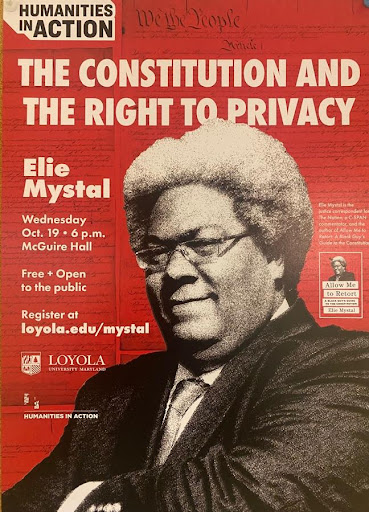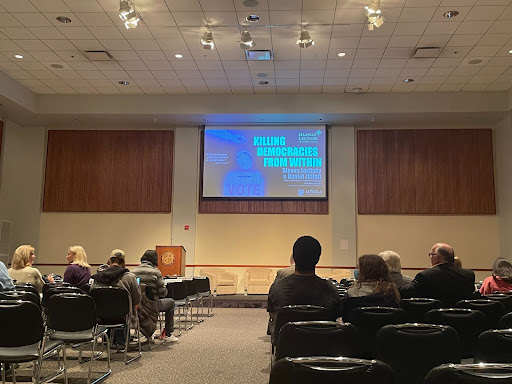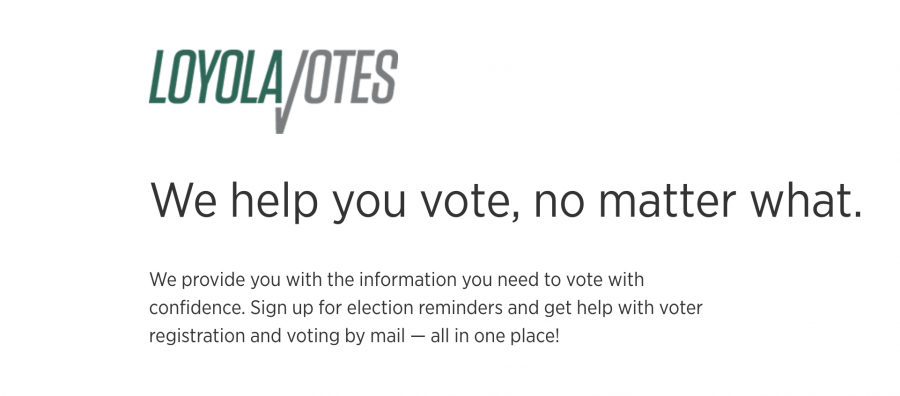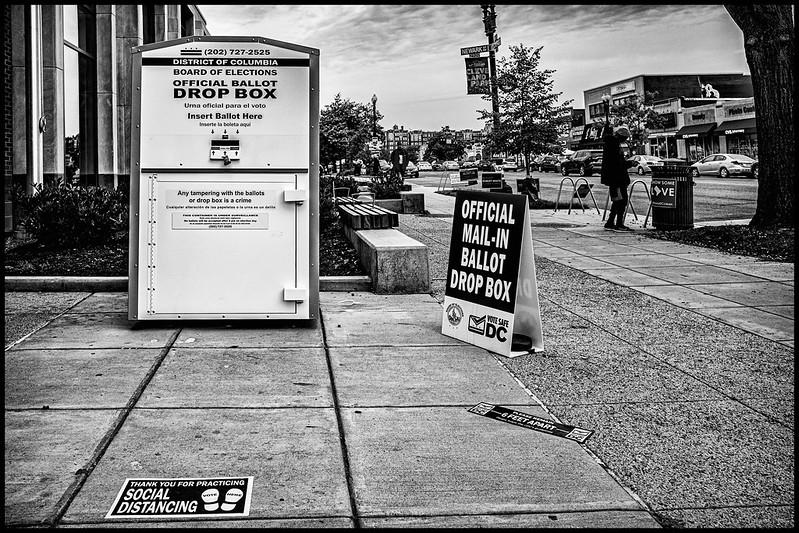On Tuesday, September 8, Democrats won a small victory in the U.S. Senate. Forty-one democratic senators have now openly declared their support for the Iranian Nuclear Deal, which will block the Republicans opposing bill to prevent the deal from going forward.
On July 14, 2015 the P5+1 world powers—U.S., U.K., France, China, Russia, and Germany— reached a deal with Iran that would limit its nuclear activities in exchange for removal of crippling economic sanctions.
The deal says that Iran will reduce its quantity of enriched uranium, a key ingredient in making nuclear weapons, by 98% for a period of 15 years. Iran will also have to cut its number of centrifuges that enrich uranium by two-thirds for 10 years. Once it is verified through the International Atomic Energy Agency that Iran has complied with all the rules, sanctions imposed by the U.S., United Nations, and European Union will be lifted, and $100 billion in overseas assets will be unfrozen. However, if Iran disobeys any part of the agreement, new sanctions will be put in place immediately.
This issue has caused decades of distrust between Iran and the West. Iran has always claimed that it has a right to produce nuclear energy and has maintained its nuclear efforts were peaceful and they have no desire to make a nuclear bomb.
However, there are very few who believe Iran’s intentions. Fear of a nuclear arms race in the Middle East, which many considered one of the most unstable regions in the world, make this a controversial deal.
The proposed deal needs Congress’ approval since they enacted many of the sanctions. But now that Democrats in the Senate have displayed their support for the deal, Congress no longer has the ability to pass an opposing bill or override a presidential veto. Supporters on both sides of the argument have spent millions in lobbying campaigns.
The guidelines of the deal are to be implemented in November, but Republicans, as well as Israeli Prime Minister, Benjamin Netanyahu, are still loudly opposing it. They say the agreement is dangerous and will certainly allow Iran to gain a nuclear weapon.
Israeli minister Danny Danon said, “The agreement is not just bad for Israel, it’s dangerous for the entire free world. Giving the world’s largest supporter of terrorism a free pass in developing nuclear weapons is like providing a pyromaniac with matches.”
Others, however, feel that for many years Iran was unfairly singled out. Israel is widely believed to have a stockpile of nuclear weapons—though this has never been confirmed nor denied by the government. India and Pakistan also have nuclear weapons, although neither has signed the Nuclear Non-Proliferation Treaty, the objective of which is to prevent the spread of nuclear weapons.
The main reason so much attention has been given to Iran has to do with its tense history with western powers and the fact that it hid the existence of a uranium enrichment program for 18 years.
Only time will tell if Iran tries to make a nuclear weapon or if they really will use their nuclear program peacefully. The only certainty is that as the deadline to implement the deal approaches ,people all across the world will continue to debate about the potential dangers ahead.
This video explains the Iranian Nuclear Deal (from a supportive standpoint).
This video explains the Iranian Nuclear Deal (from an unsupportive standpoint).
The latter video is also coupled with this, a fact-check by investigators at ABC News.











































































































